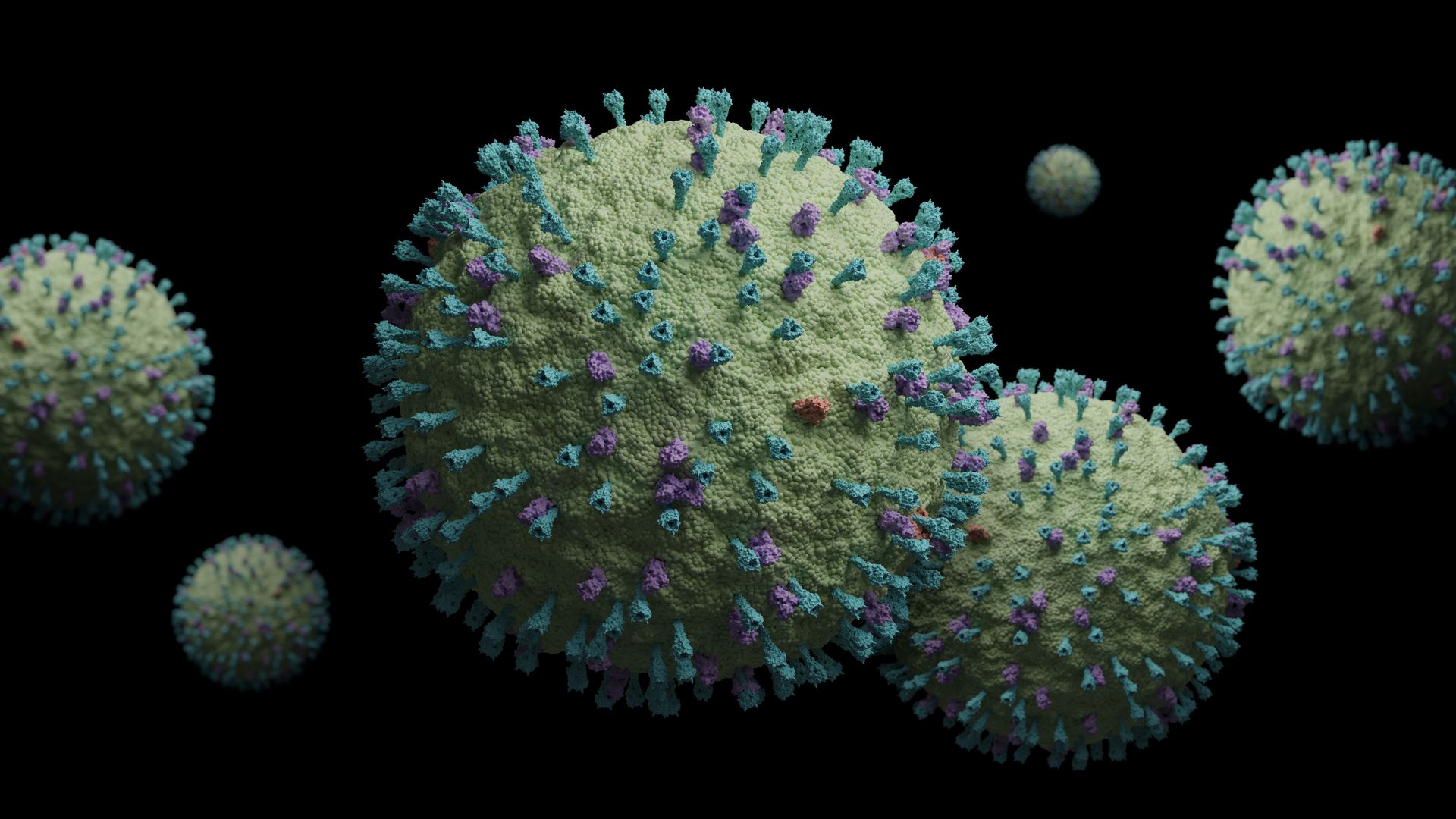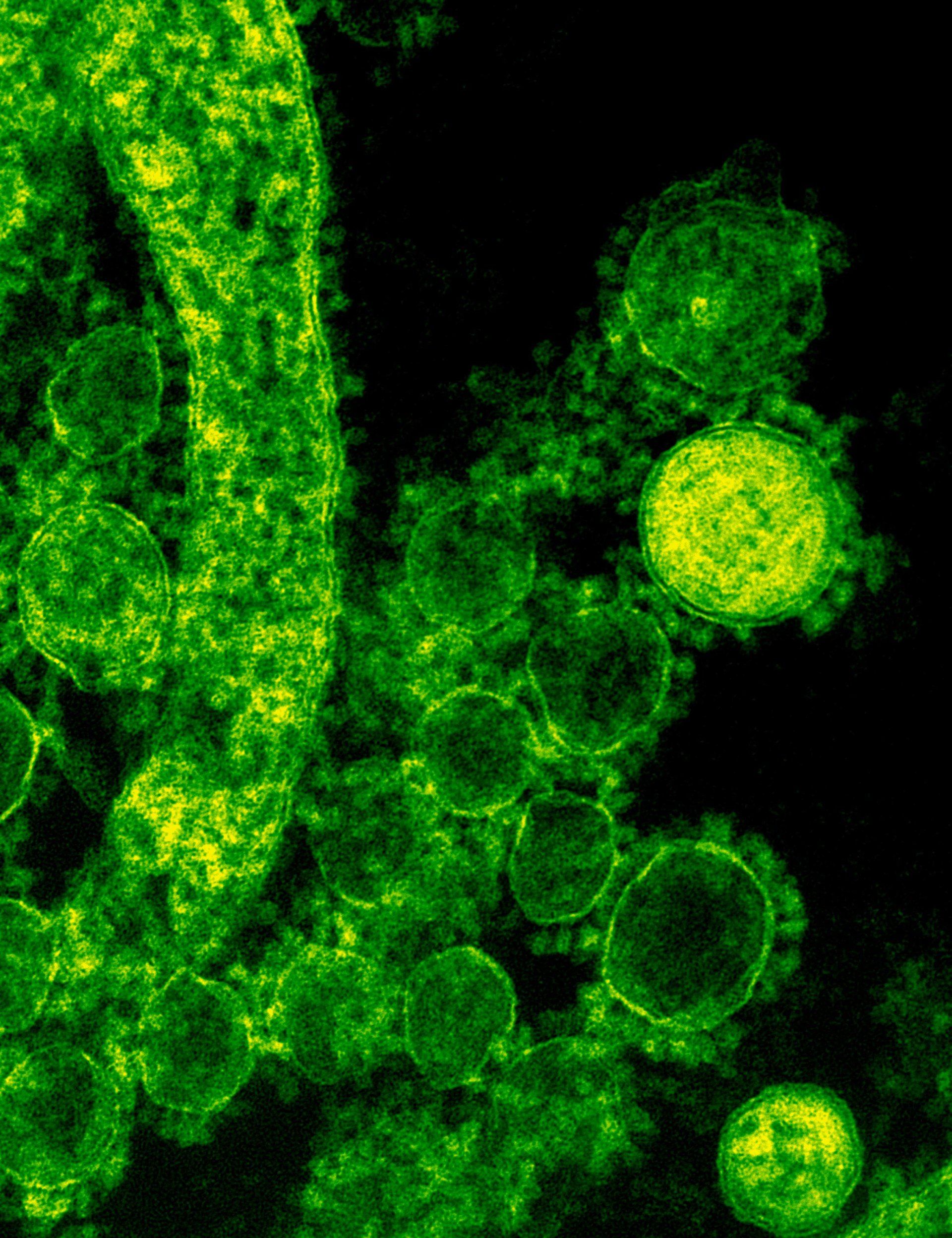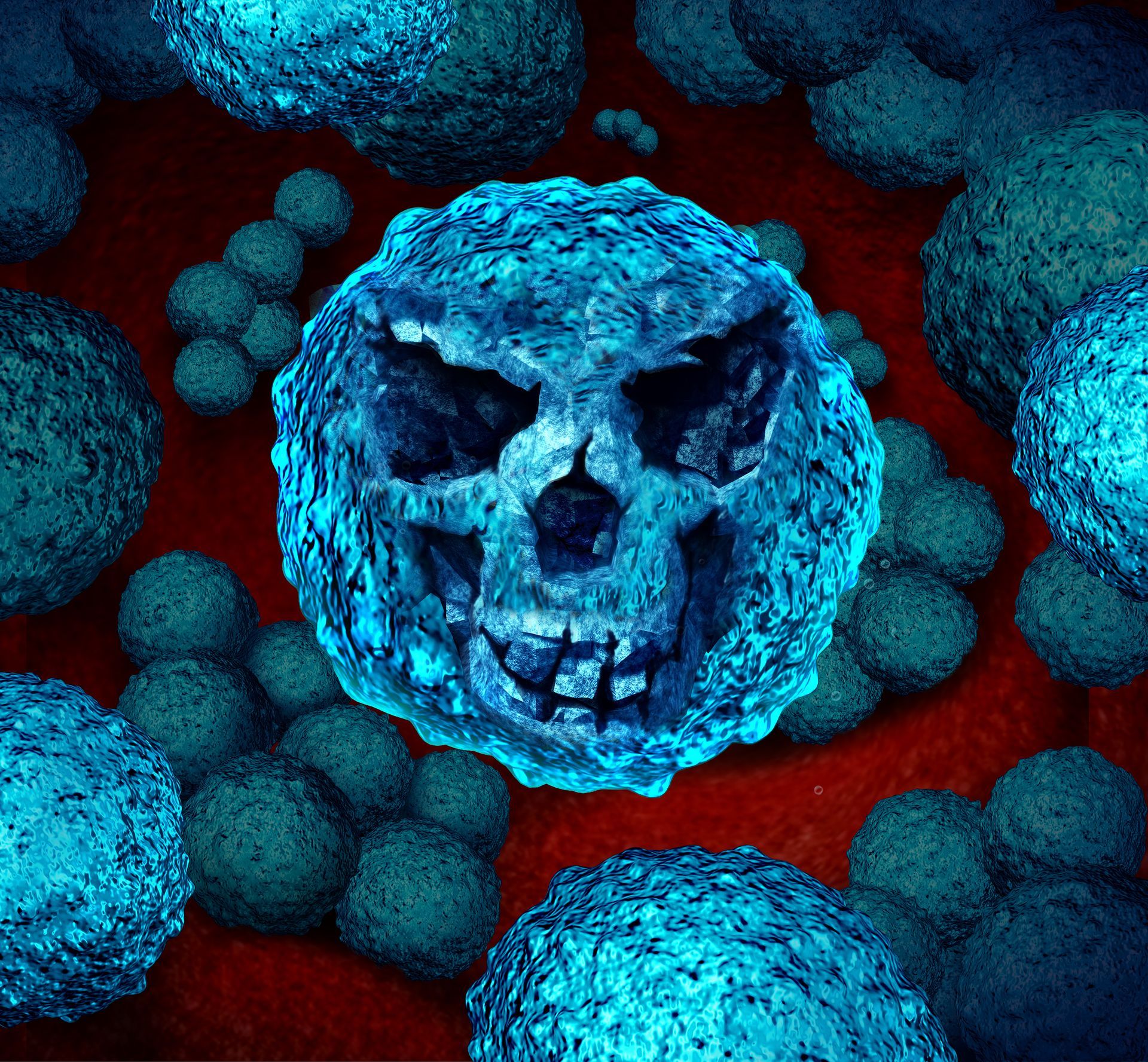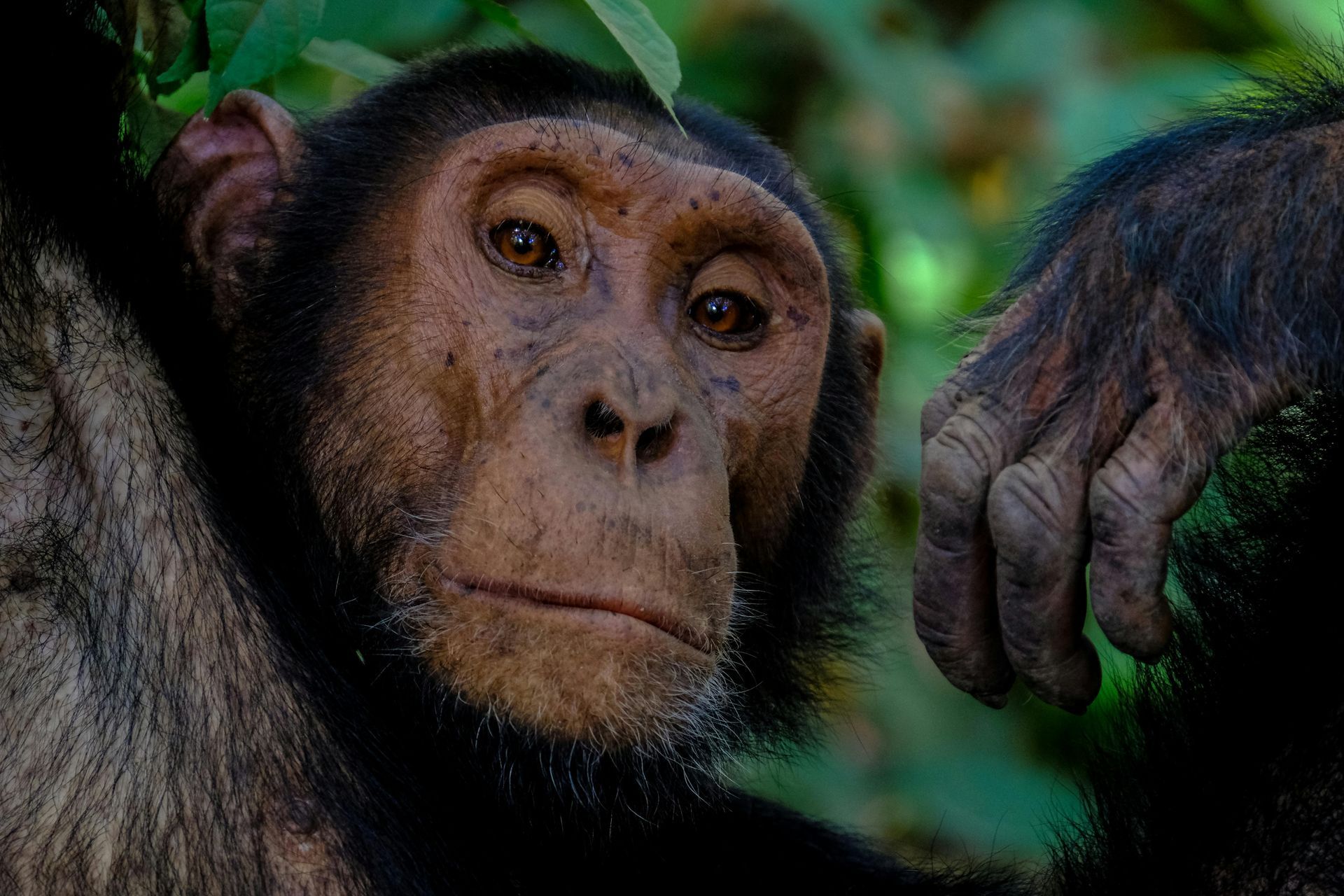
UK: +44 1379 658 721
Ireland: +353 89 221 3723
USA: +1 754 252 3536
Middle East - N. Africa: + 971 52 873 4738
Australia: +61 3 9310 5259
Busting the herd immunity myth - There’s “no chance” it’ll happen
Throughout the pandemic, we’ve heard constant mutterings about herd immunity. Scientists have called it a ‘scientific illiterate’ idea but some say the government has been very keen on it from the start.
Herd immunity only happens once enough people are immune to make it impossible for a virus to spread. It’s a nice thought. But does it make any scientific sense? Is the UK anywhere near that magical herd immunity threshold? And will we ever get there?
The bad news – herd immunity is probably impossible
Scientists say herd immunity is unlikely to happen any time soon, and might be impossible to achieve anyway. Herd immunity happens when everyone with covid infects less than one person, the R number we’re so familiar with these days. In theory this can happen via vaccination or infection itself, both of which deliver some future immunity. But in real life, in the real world, humanity has only ever reached herd immunity via inoculation, for example smallpox, which was finally eradicated in 1980 after a massive worldwide vaccination drive.
When covid kicked off the R number was roughly 2.5. The latest estimates say the Delta variant comes with an R number of 5 - 9.5, according to scientists. This means the current herd immunity threshold falls somewhere between 80-90% of Brits being fully vaccinated.
At the same time there’s no such thing as a 100% effective vaccine. While our covid vaccines are extremely effective at preventing severe disease, they don’t always stop infections. Some of us pass it on even though we’ve been vaccinated. At the same time it looks like vaccines are only up to 79% effective against delta.
There’s more to consider: how much social contact people have, the age they get infected, their particular immune system and genetic make-up, and any pre-existing immunity. All this means there really is only one way to reach herd immunity – we need vaccines that deliver ‘near-sterilising immunity’, where covid is totally stopped from replicating, and we must achieve a very high uptake of these vaccines.
Taking all this into account, herd immunity is just not going to be possible. It will only work if every single person in the UK has both jabs, plus any boosters that become available. Sadly, immunity to covid is only short-lived, re-infection is entirely possible, and variants that evade immunity are more likely than ever before thanks to the UK covid restrictions being lifted.
It’s also worrying that the speed of vaccine roll-out worldwide isn’t smooth. If a country with high vaccination rates does manage to achieve herd immunity, contact with people from other countries will spark outbreaks. This already happens in the UK with measles.
The message is clear – there’s “no chance of ever reaching herd immunity”
On 10th August scientists at an all-party UK parliamentary committee ‘were unanimous in their opinion that the UK wasn’t going to reach herd immunity.’ They say the UK will reach an ‘endemic equilibrium’ instead, where covid becomes seasonal, emerging every year.
The message from the people who understand the science is clear. Nobody should be banking on herd immunity. Everybody should get vaccinated. The illness remains ‘potentially deadly and can have long-term health consequences’.
Endemic covid means you need our UVC covid disinfection tech more than ever
This might be one of the best business decisions you ever made. Invest in a UVC covid disinfection machine and you’ll be able to wheel it out for years to come, whenever a covid surge turns up to disrupt things, and threaten your customers and staff.








